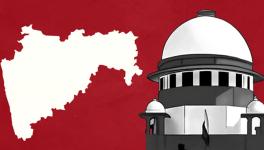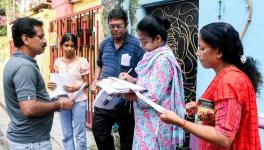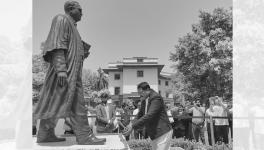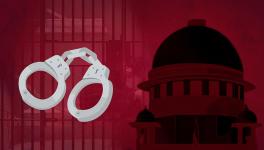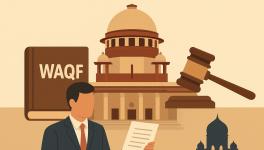AAP Chandigarh Mayor Candidate Approaches Supreme Court Alleging Fraud in Elections
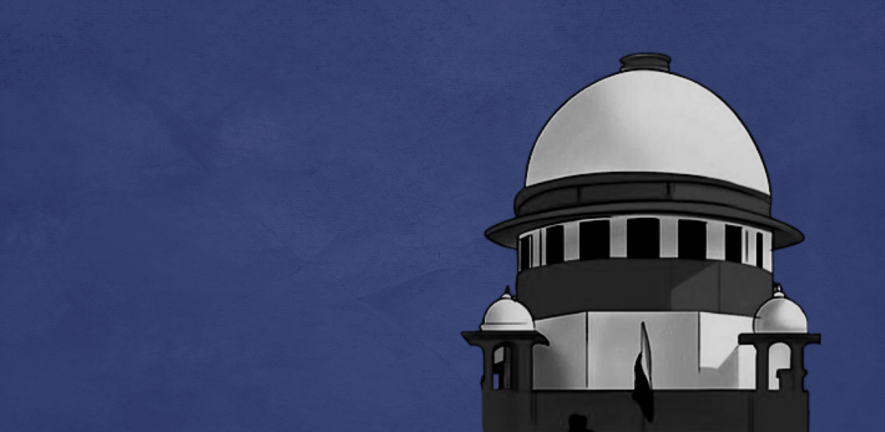
Kuldeep Kumar had asked the Punjab and Haryana High Court to stay the announcement of the Chandigarh mayor election results but did not get interim relief. Now he has approached the Supreme Court.
—
The Aam Aadmi Party (AAP) candidate for mayorship of the Chandigarh Municipal Corporation has approached the Supreme Court against non-consideration of the interim relief sought from the Punjab and Haryana High Court.
Kuldeep Kumar, the AAP candidate, had asked the high court to stay the announcement of the election result in which a Bharatiya Janata Party (BJP) candidate was declared elected as the mayor of Chandigarh.
Kumar has alleged that the election process was marred by fraud; most notably through ballot tampering by the presiding officer, Anil Masih, during the process of counting votes.
“In a live television broadcast of the ballot counting, the presiding officer can be clearly seen marking a few ballot papers with a pen. By making these markings and tampering with the ballots, Respondent No. 7 was able to declare eight ballots as invalid.
“As a result, the petitioner was shown to have received 12 votes, whereas the opposing candidate Respondent No. 8 was declared as the returned candidate, having received 16 votes,” the petition states.
Kumar had petitioned the Punjab and Haryana High Court challenging the electoral process. On January 31, 2024, the high court, issued a notice on the petition and directed to list the matter after three weeks, but did not grant any interim relief, even though Kumar had urged the court to provide interim relief in his petition.
It is against this refusal of the interim Order that Kumar has knocked on the doors of the Supreme Court. In the high court, Kumar had referred to a widely reported video where the presiding officer can be seen tampering with or interpolating the ballot papers, which fortuitously was caught on camera.
“This was a grave and shocking incident. However, the high court merely issued notice to the respondents but erred in passing the impugned Order without granting any interim relief to preserve the petitioner’s rights; including inter alia ordering a stay on giving effect to the outcome of ‘elections’ for the post of mayor of the Municipal Corporation, Chandigarh, or directing the preservation of electoral records such as ballot papers so that a proper and fair inquiry could also be conducted.
“This is not a case of an election dispute, but a case of abuse of public office, which destroys the very essence of faith reposed in the officer and is a constitutional wrong and breach of the doctrine of public trust. The case was so egregious that the high court ought to have passed interim Orders,” Kumar tells the Supreme Court.
Kumar contends that by not granting any interim relief, the high court has allowed the fraud to continue.
“Particularly, the high court ought to have stayed the results of the election and ordered that the ballot papers and other electoral paraphernalia be taken into custody so as to preserve them for the purposes of determining the legality of the elections.
“Allowing Respondent No. 8 to discharge duties and functions as mayor effectively validates a corrupt practice in gross violation of the paramount principle of democracy, i.e., free and fair elections, and thereby erodes public trust,” the petition states.
On January 10, a notification was issued for the election of mayor, senior deputy mayor and deputy mayor, by the deputy commissioner, Chandigarh. As per the notification, the election was to be convened on January 18 under the presiding authority, Anil Masih.
The petitioner had earlier approached the high court seeking direction to the deputy commissioner-cum-prescribed authority, Chandigarh, to ensure free and fair elections to the posts of mayor, senior deputy mayor, and deputy mayor and the appointment of a court commissioner to supervise the process.
On January 17, the high court disposed of the writ petition, recording the submission of the respondents that they would be conducting videography of the entire voting or election process, and that the Chandigarh police would “leave no stone unturned to ensure free and fair elections in the Municipal Corporation, Chandigarh”.
However, the elections were not held as scheduled on January 18. The petitioner approached the high court contending that despite the undertaking given by the respondents, elections were not held.
Instead, Respondent nos. 1 and 2 had published a letter postponing the date of elections to February 6 on the grounds of the presiding officer’s ill health and the “prevailing law and order situation in the Union territory”.
The high court found that postponing elections was unjustified, absurd and frivolous. Thus, it directed that the elections be held on January 30.
On January 30, elections were held. The petitioner asserts that the elections were conducted fraudulently by the presiding officer.
The presiding officer, in blatant contravention of the rules and conventions, barred nominees of political parties from participating in the counting process; tampered with the ballots and arbitrarily declared eight votes as invalid, the petitioner alleges.
“By virtue of this illegal electoral process, Respondent No. 8 (BJP’s Manoj Sonkar) was declared as the winner,” the petition states.
Get the latest reports & analysis with people's perspective on Protests, movements & deep analytical videos, discussions of the current affairs in your Telegram app. Subscribe to NewsClick's Telegram channel & get Real-Time updates on stories, as they get published on our website.










